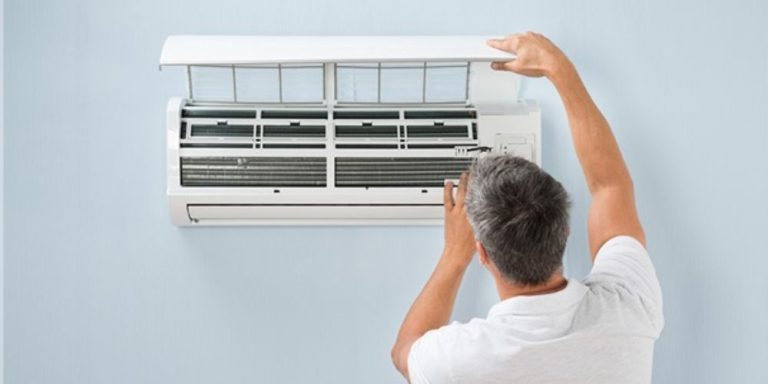How to Avoid Excessive Water Bills If You Own a Pool
Owning a pool can greatly enhance the enjoyment and value of a property, but it also brings with it the responsibility of managing water usage effectively. Excessive water bills are a common concern for pool owners, particularly during peak swimming season. Implementing strategies to minimize water wastage not only reduces costs but also promotes environmental sustainability. This guide provides actionable tips to help pool owners keep water consumption in check while still enjoying their pool to the fullest. Adopting these practices will ensure that the pool remains a refreshing asset without placing undue strain on household finances.
Invest in a Pool Cover
A pool cover is an essential investment for reducing water evaporation and maintaining water levels. When the pool is not in use, covering it prevents significant water loss caused by evaporation due to heat and wind. Covers come in various types, including solar, thermal, and automatic options, each offering distinct benefits. Solar covers can also help maintain the pool’s temperature, reducing heating costs. Properly using a pool cover can lead to substantial savings on water bills over time.
Regularly Check for Leaks with the Help of Professionals
Regularly checking for leaks is essential for preventing excessive water bills if you own a pool. Early detection of leaks can save you significant amounts of water and money. A professional service like True Blue Leak Detection can help identify even the smallest leaks that might otherwise go unnoticed. By scheduling routine inspections, you ensure that your pool remains in optimal condition and that any potential issues are addressed promptly. Staying proactive with leak detection helps maintain efficient water use and keeps your utility bills in check.
Optimize Pool Maintenance Practices
Optimizing maintenance practices can greatly impact water conservation and overall efficiency. Keeping the pool clean and free of debris reduces the need for excessive backwashing, which wastes water. Regularly brushing the pool walls and vacuuming helps maintain water clarity and reduces the frequency of filter cleaning. Additionally, maintaining proper chemical levels ensures that the pool operates efficiently and reduces the need for frequent water changes. Adopting effective maintenance practices supports water conservation and reduces the overall impact on utility bills.
Adjust the Pool Water Level
Managing the water level in a pool can prevent unnecessary water usage. Overfilled pools lead to increased evaporation and more frequent backwashing, which wastes water. Maintaining the water level at the manufacturer’s recommended height ensures optimal operation and reduces water loss. Installing a water leveler or automatic fill system can help keep the pool at the correct level without constant manual adjustments. Regularly monitoring and adjusting the water level contributes to overall water conservation efforts.
Implement Water-Efficient Pool Equipment
Investing in water-efficient pool equipment can significantly reduce water usage and costs. Modern filtration systems, such as variable-speed pumps, use less water and energy compared to older models. Additionally, employing a high-efficiency pool heater and water-saving chlorination systems can contribute to lower water consumption. Upgrading to water-efficient equipment ensures that the pool operates optimally while minimizing water waste. The initial investment in advanced equipment can lead to long-term savings and more sustainable pool management.
Educate Pool Users
Educating everyone who uses the pool about water conservation practices is essential for reducing overall water usage. Simple actions, such as minimizing splash and ensuring that the pool cover is used correctly, can make a significant difference. Encouraging responsible use of the pool, including limiting the time it is uncovered and properly managing chemical levels, helps in reducing water wastage. Providing information on water-saving practices ensures that all pool users contribute to efficient water management. Awareness and proactive behavior play a crucial role in maintaining water conservation.
Conclusion
Managing excessive water bills associated with pool ownership requires a combination of strategic practices and preventative measures. By investing in a pool cover, regularly checking for leaks, and optimizing maintenance practices, significant water savings can be achieved. Adjusting the pool water level, implementing water-efficient equipment, and educating pool users also contribute to effective water conservation. Applying these techniques ensures that the pool remains a valuable and enjoyable feature of the property while keeping water costs under control. Embracing these strategies will not only result in lower utility bills but also support sustainable water management.







